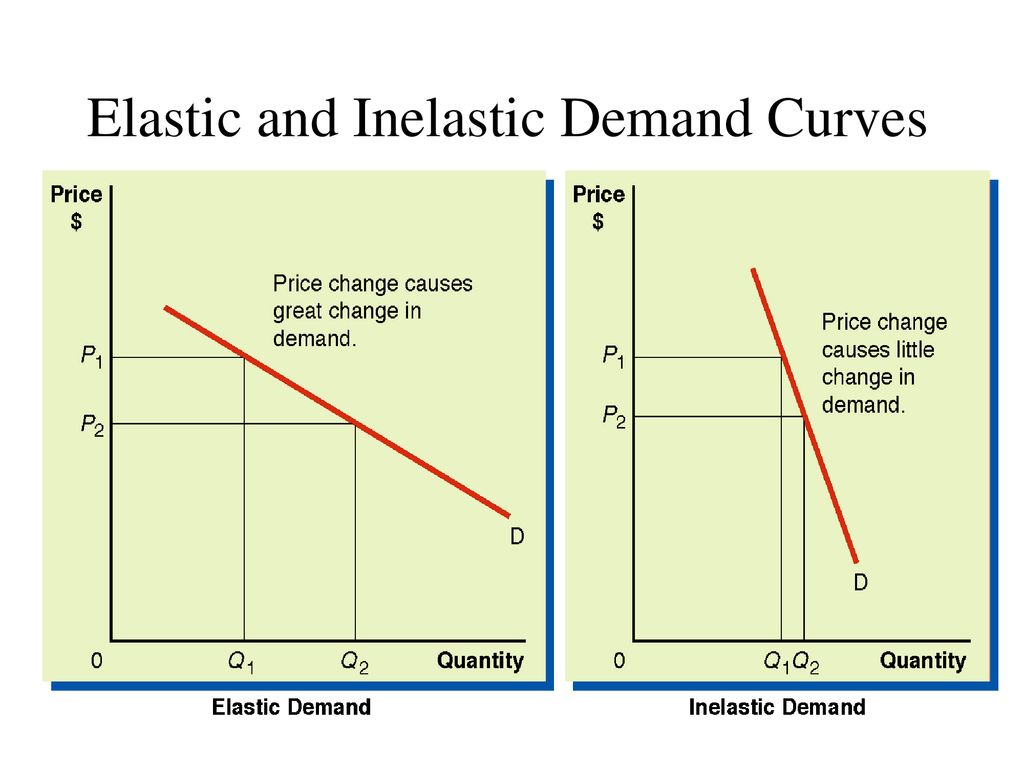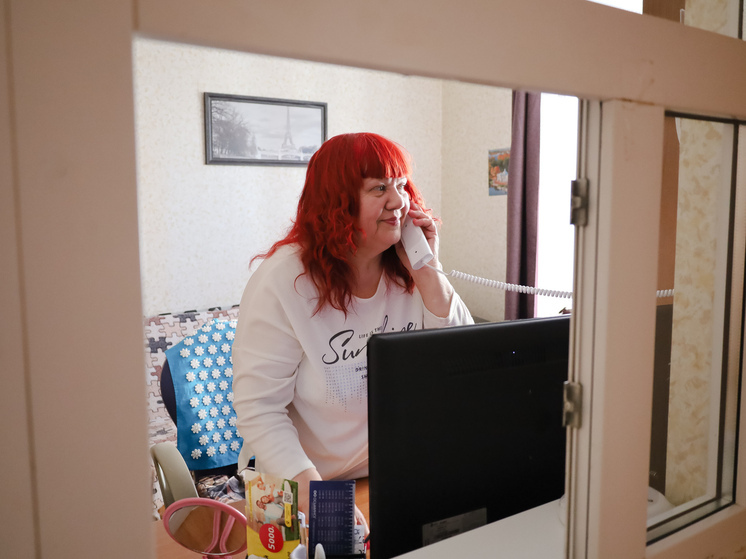
Due to personnel shortages, abnormally low unemployment, and demographic challenges, companies in Russia are actively hiring people over 50 much more frequently. Since the beginning of this year, the number of job invitations has increased by 95%, reaching 5.1 million. According to a recruitment agency, pre-retirement age applicants are mainly sought for manual labor, sales, logistics, construction, manufacturing, and real estate positions.

The current labor market is experiencing fierce competition, particularly for skilled workers. Individuals in older age groups are also becoming increasingly desirable. The situation has changed significantly in recent years: previously, employers primarily considered resumes from young specialists and were often reluctant to hire individuals over 45, and especially over 55, as there were plenty of applicants. Today, the picture is different. Almost all sectors face a shortage of labor. Furthermore, pre-retirees offer distinct advantages: there is less need for extensive investment in their training and adaptation, they generally possess relevant professional skills, they are experienced, disciplined, responsible, and tend to be more loyal to their employers.
However, in the context of the overall market, the proportion of invitations currently received by citizens over 50 is still small – only 4% (up from 3.4% last year). From January to May 2025, companies sent out approximately 150 million invitations in total, with 42% directed towards those aged 19 to 30. Nevertheless, the trend itself is significant: the sharply increased demand for specific competencies and skills, the deficit of which cannot be filled otherwise, largely neutralizes the disqualifying factor of older age.
«Everything is absolutely logical – from both supply and demand perspectives,» states Sergey Smirnov, a leading researcher atINION RAN. «As we know, the level of pension provision in Russia leaves much to be desired, the expenses of older Russians (including for medication and medical services) are steadily rising in line with prices and tariffs, and wages vary greatly across regions and sectors. Amidst the personnel deficit and low birth rates, people over 50 are seeking better-paying positions in the employment sector, commensurate with their qualifications: for example, aiming to earn 80 thousand rubles per month instead of 50 thousand. As for employers, their motive is also clear – they need to fill the shortage not just of workers, but of specific specialists.»
In this regard, employers are forced to compete actively and intensely with each other. Some offer an applicant a salary of 100 thousand rubles and a full benefits package, while others offer 90 thousand but a more flexible work schedule. The outcome of this competition depends on the worker`s preferences. However, Smirnov notes that the widespread adoption of artificial intelligence might complicate employment prospects for some categories of pre-retirees: where AI has been implemented and is effective (primarily in high-tech industries), employees over 50-55 years old may be less needed.











